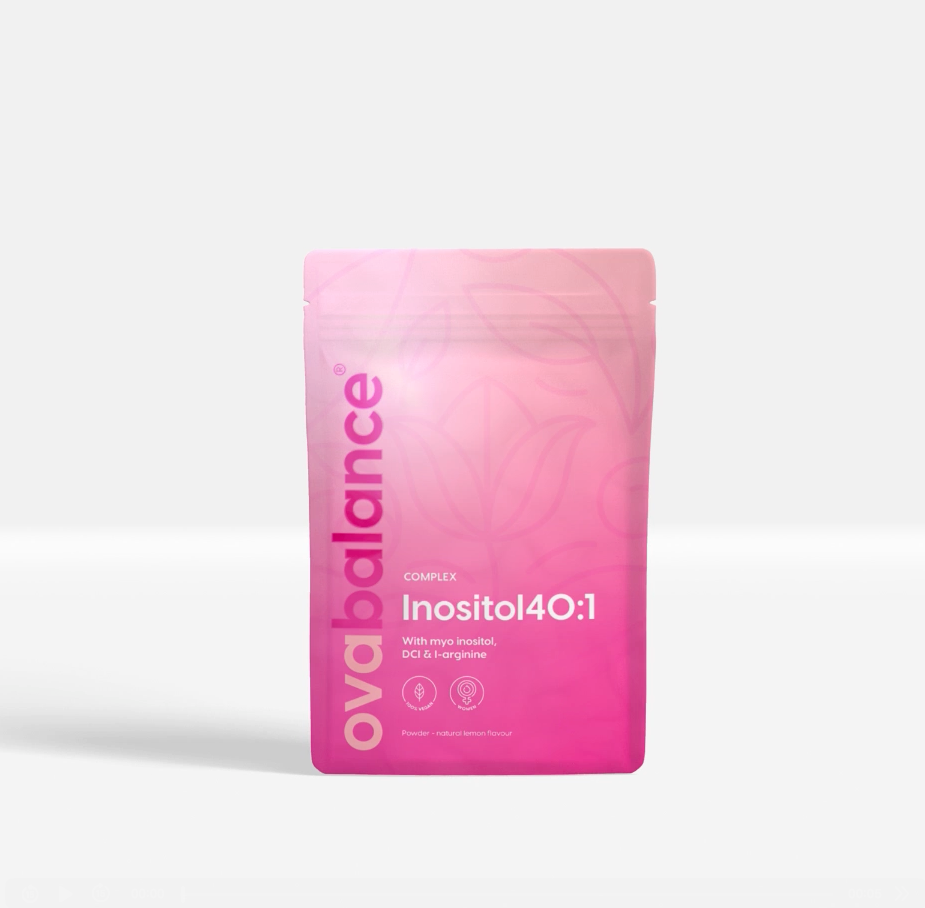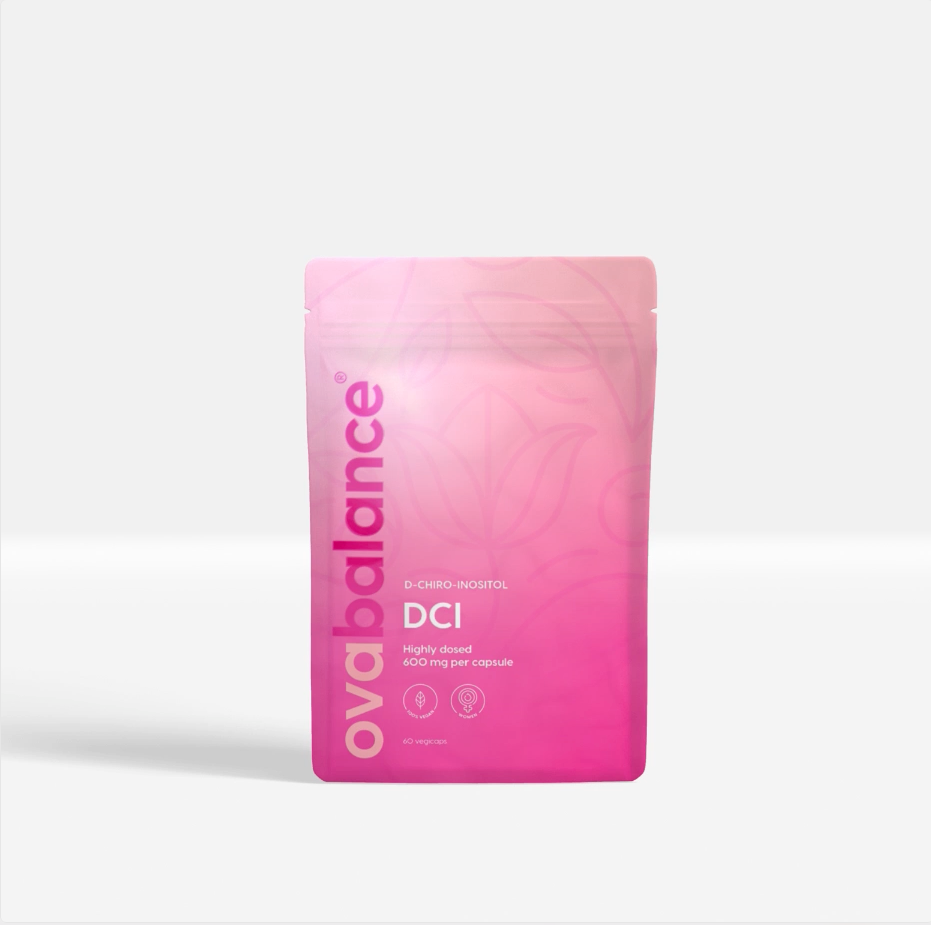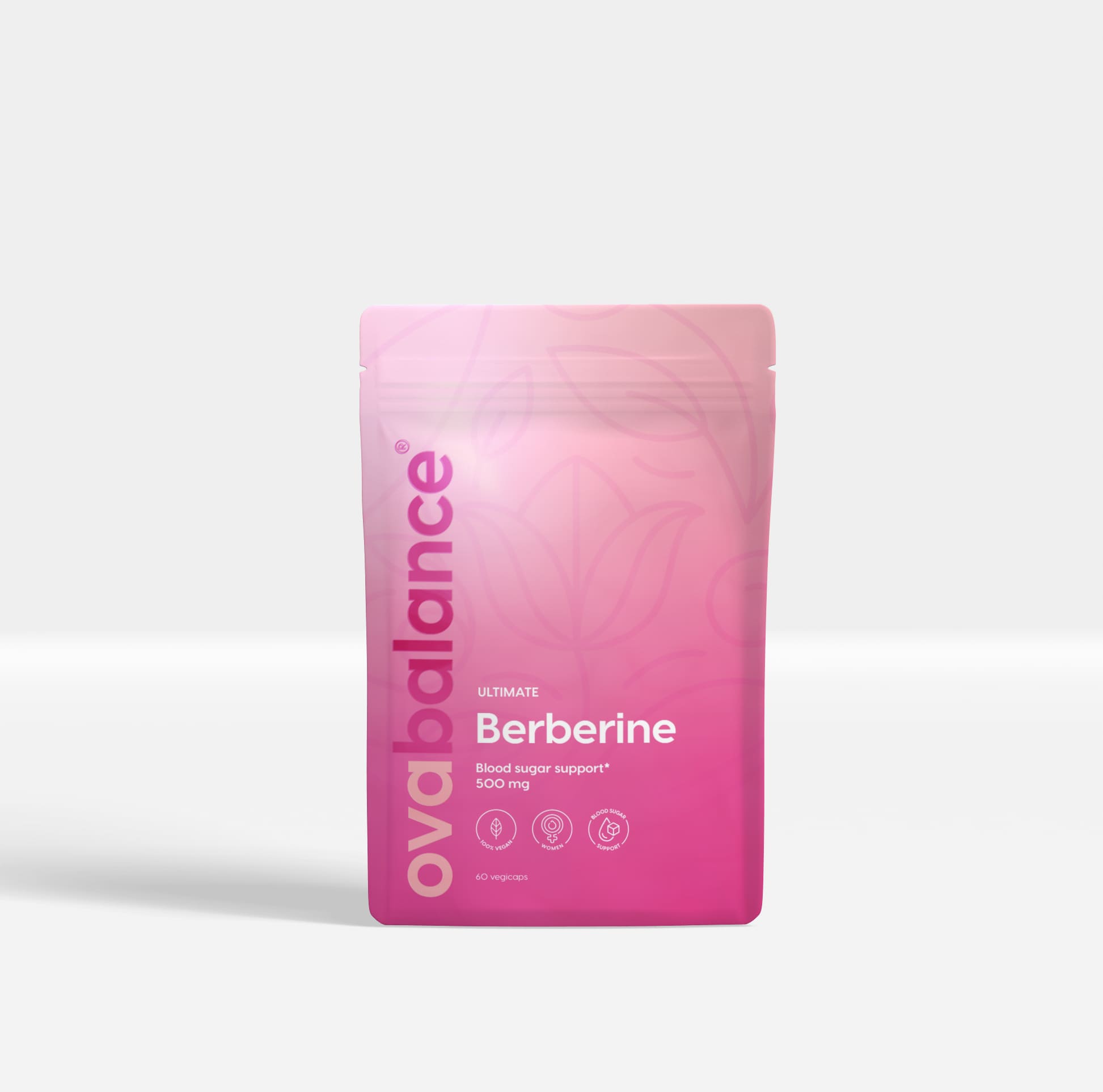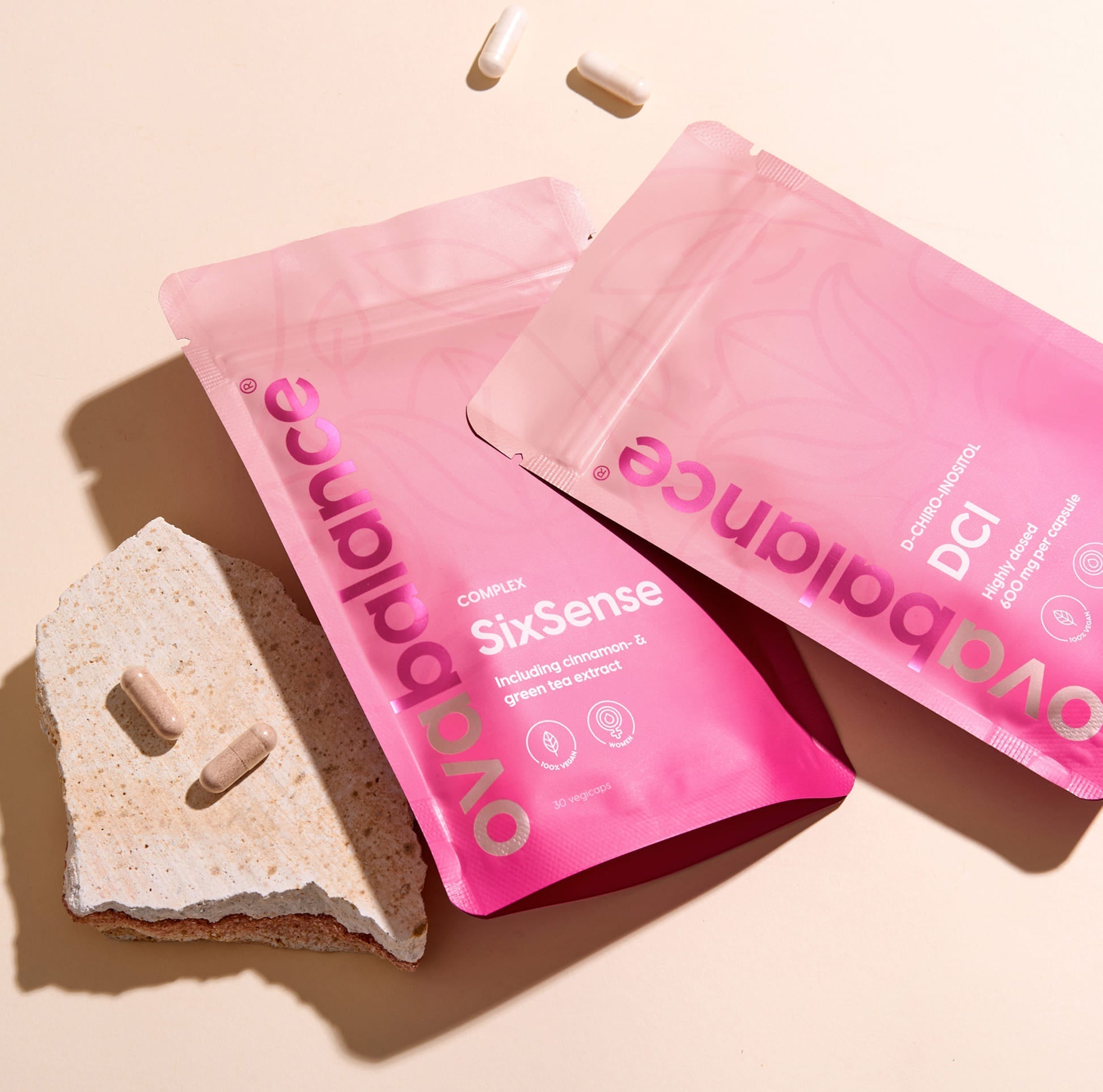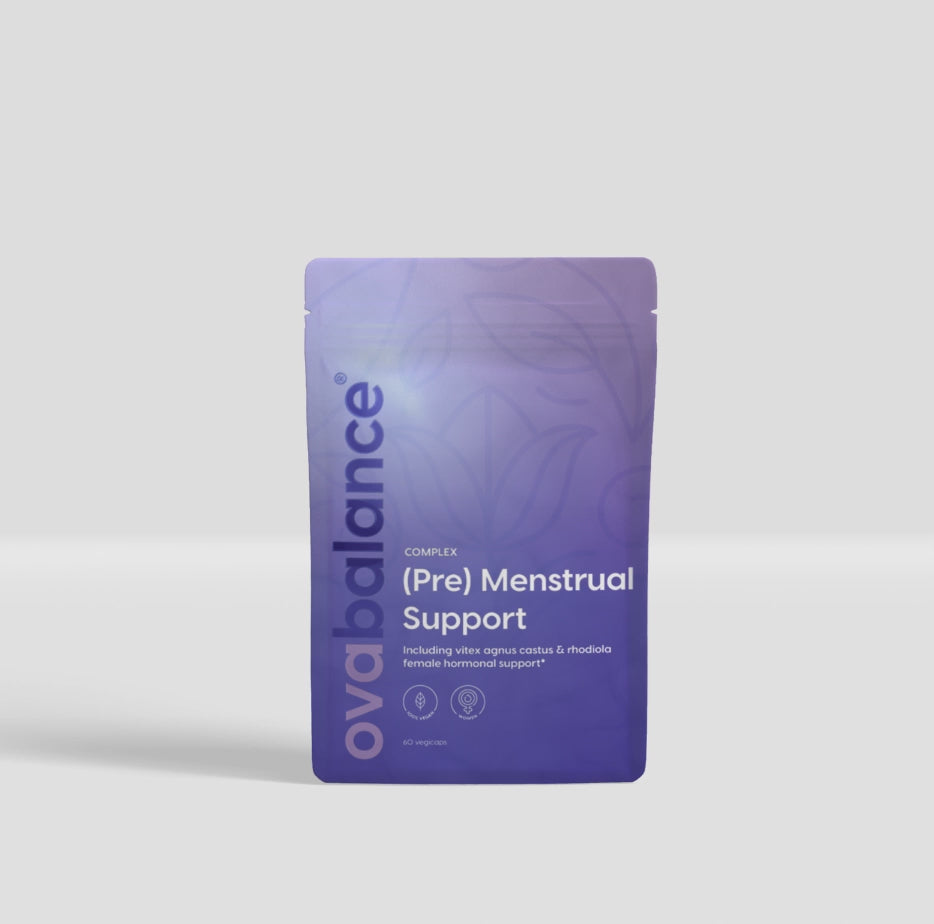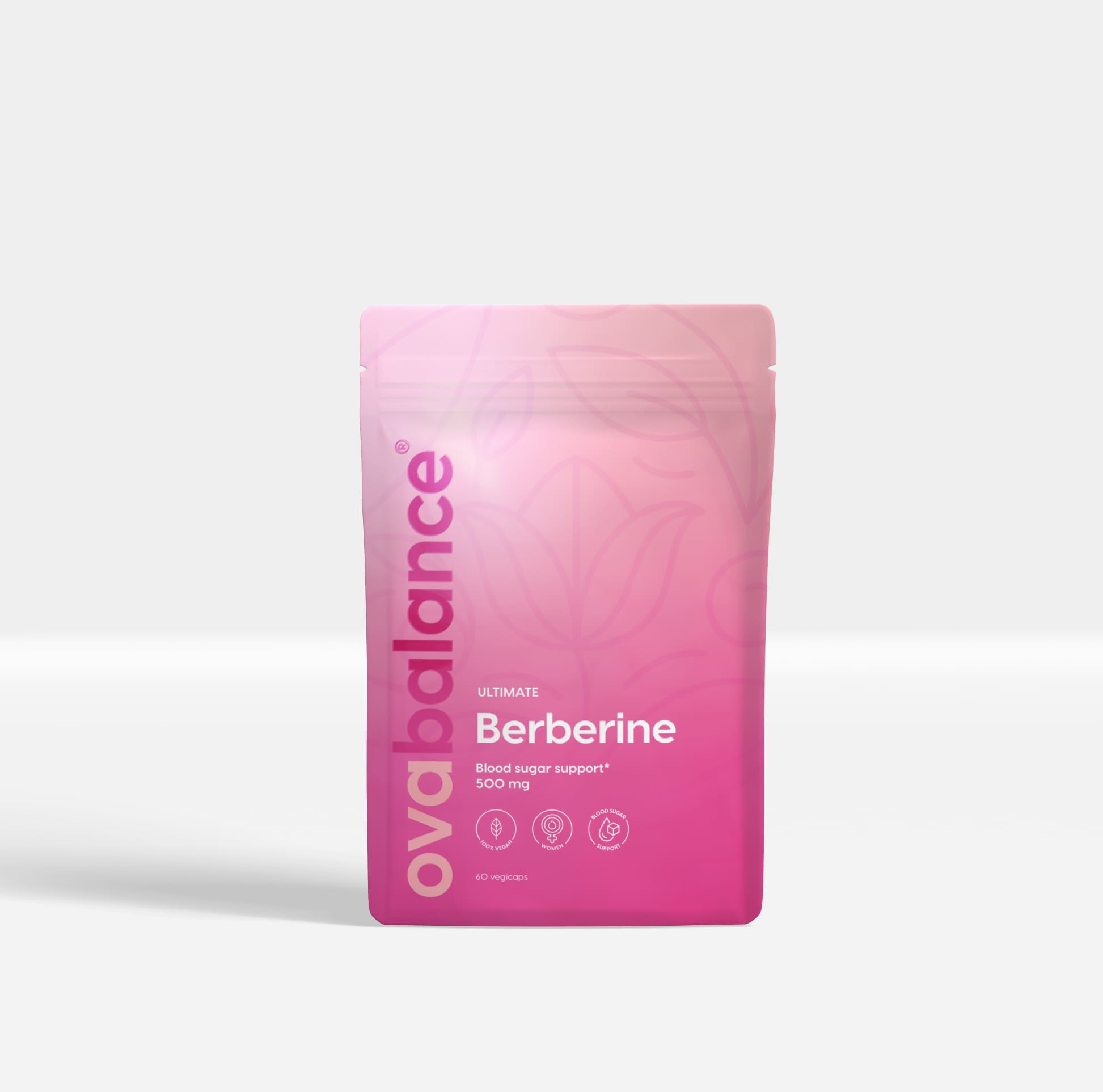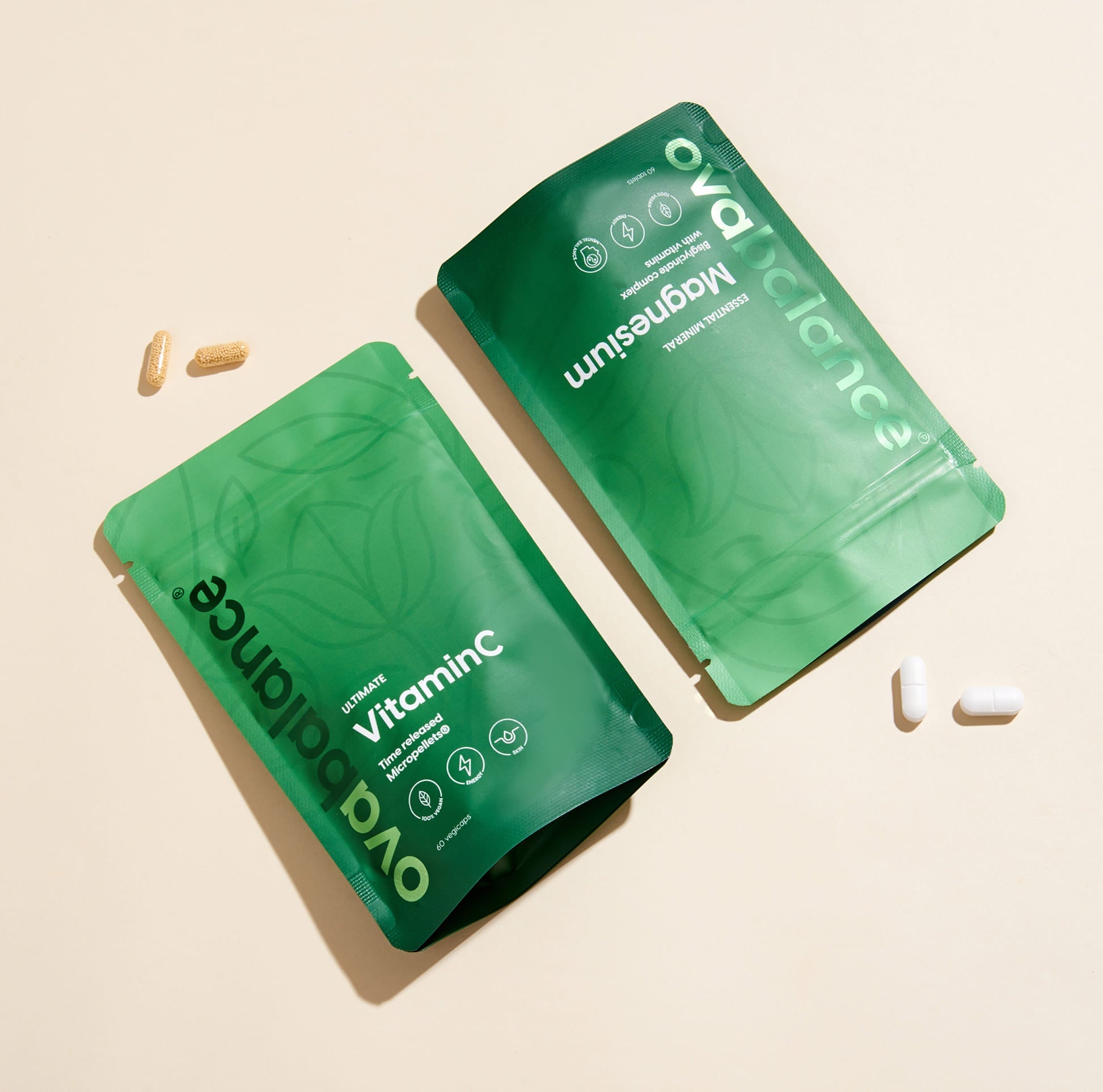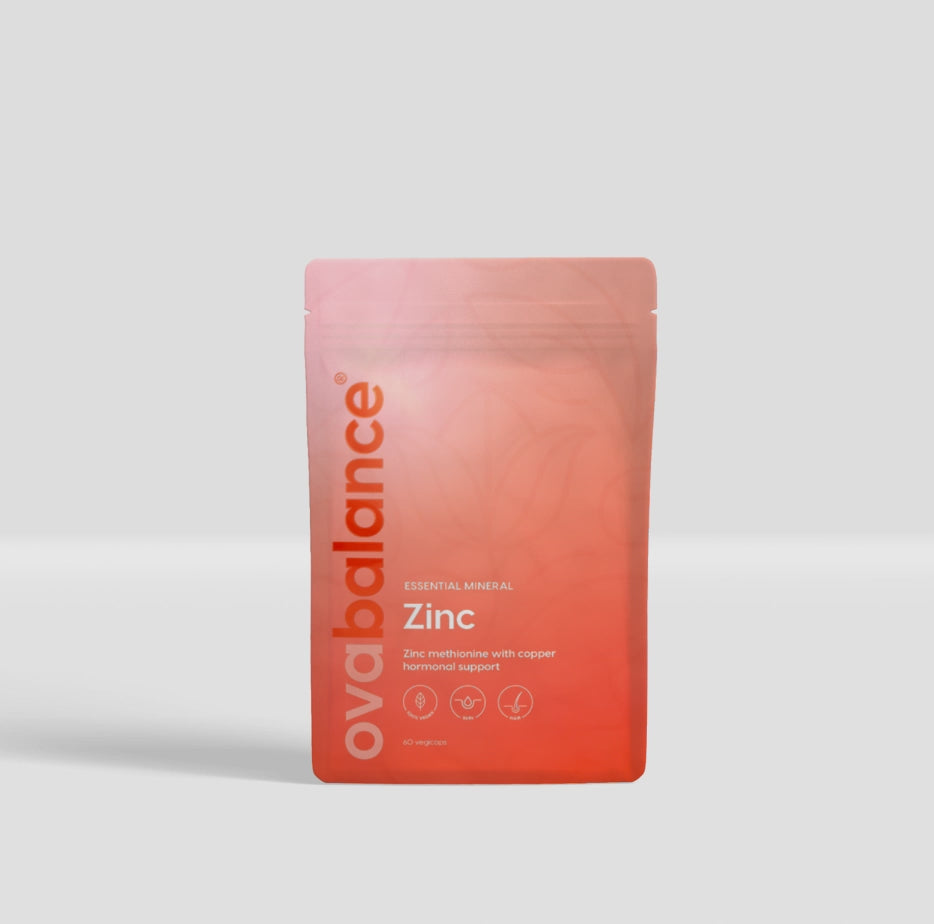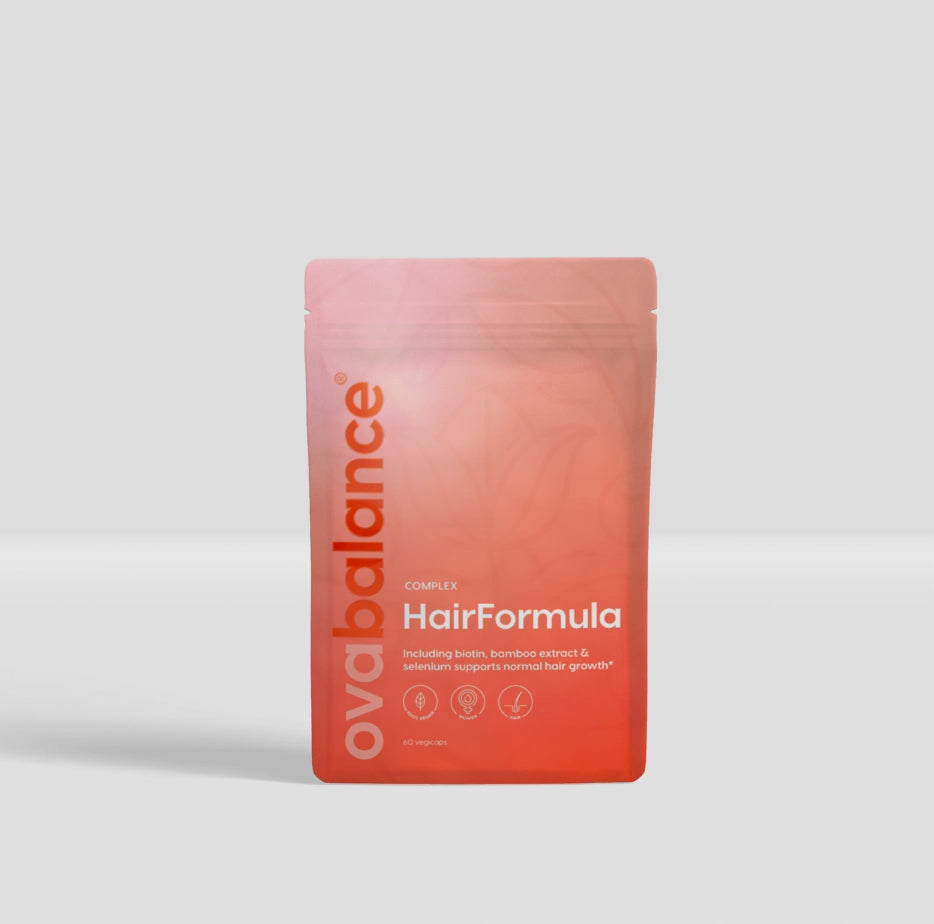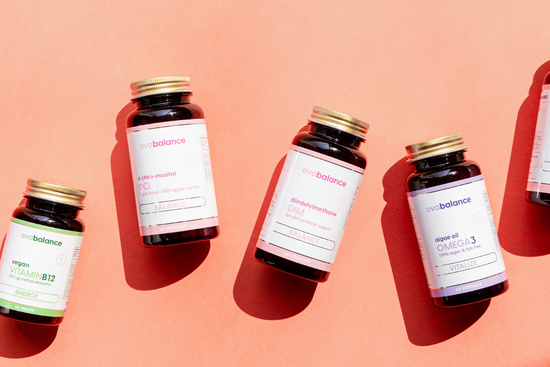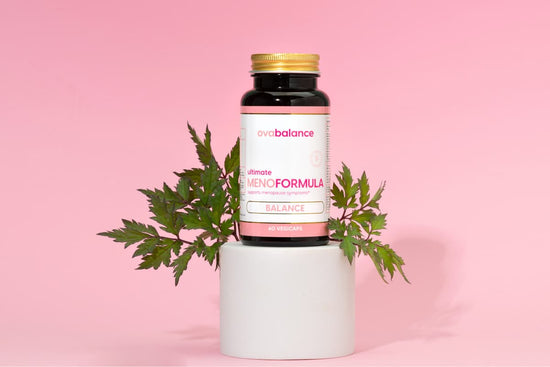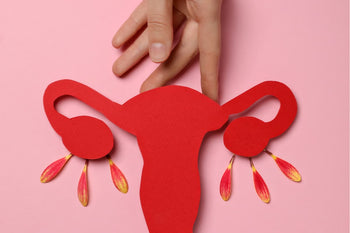

Every woman eventually has to face it: menopause. A period in your life that you might prefer to skip.
Unfortunately, you can't avoid it, but you can be prepared for it. And if you suspect that you are already in it, it is useful to know exactly which complaints are associated with it.
In this article you can read which symptoms correspond to the menopause and what you can do to support your health and feel good during this phase of your life.
Contents
The transition
Every woman will experience menopause between the ages of 40 and 60 .
Menopause occurs when the supply of eggs in your ovaries runs out. The average age of a woman who enters menopause is around 45. But it can also start a lot earlier or later.
The transition stops after the last menstruation, which is on average at the age of 51. This is also called the menopause .
During menopause, your hormones seek a new balance. The duration of menopause varies per woman. On average, the period from irregular menstruation to the last menstruation lasts about 4 years.
You can read more about the different phases of menopause in the article “ The phases of menopause explained. ”
Menopausal symptoms
The disrupted hormones during menopause can cause discomfort. These are called menopausal symptoms .
In about a quarter of women, menopause leads to discomfort that can significantly disrupt daily life, while others experience virtually no symptoms.
Typical symptoms of menopause include difficulty sleeping, hot flashes and night sweats .
But there are also many other discomforts that women can face during this phase:
- migraine
- mood swings
- concentration problems
- irritability
- depression
- a dry skin
- dry eyes
- vaginal complaints
- changes in sexuality
- bladder infections
In addition, osteoporosis, high blood pressure and cardiovascular diseases can occur from menopause onwards.
These complaints are generally caused by the decrease of the hormone estrogen in the body.
The most common menopausal discomforts
Tender breasts
Having sensitive breasts is a very annoying ailment. You may recognize the feeling from before menopause, because you can also suffer from this during your period.
"Sensitive or tense breasts are also called mastopathy"
Due to the change in hormones in the blood, the glandular tissue in your breasts becomes extra sensitive.
This is caused by swelling in the glandular tissue , which in turn causes tension in the chest.
Sometimes the milk ducts become blocked by the swelling. This can cause cysts to form.
Cysts are smooth, round swellings filled with fluid. The cysts can become very painful due to the fluid putting pressure on your skin.
Blood loss
Menopause is the period in which you gradually stop menstruating .
But before your last period arrives, you may experience a period of heavier bleeding .
This is because the build-up of your uterine lining is disrupted by the falling level of estrogen. The fluctuating hormones cause a lot of mucus to build up, which causes heavy bleeding when rejected.
Your period may also become irregular or last longer or shorter than you are used to.
Spotting between periods is also common during menopause. You can recognize it by brown discharge, because you are losing 'old' blood .
Don't worry; this is usually normal and harmless. During menopause, the ovaries stop producing estrogen and progesterone. This causes the lining of the uterus to remain thin and fragile , resulting in harmless bleeding.
It can happen that you suddenly get a period again after months without bleeding during menopause. But if the period does not return for more than a year, you can conclude that you have gone through menopause .
Are you experiencing blood loss again after a year without menstruation? Then that is a reason to go to the doctor .
Hot flashes
Hot flashes are perhaps the best-known phenomenon when it comes to menopausal discomfort.
You are sitting quietly on the train or in the office and suddenly you feel very hot: you have a hot flash.
Can it hurt? No. Is it annoying and can it scare you? Yes!
During menopause, the amount of estrogen in your blood decreases. This causes your internal thermostat to think that your body temperature is too high . To get rid of the heat, you start sweating, your heart beats faster and you get warm.
This is what your body does to get your body temperature back to normal. So it's nothing more than a 'mistake' .
Oops, thanks? You can do something about it by avoiding warm rooms or a very hot bath.
Sugar, white flour products, spicy foods, coffee and alcohol can intensify hot flashes , so it is also better to avoid these.
The Menoformula supplement has been specially developed for the transition and menopause.
It helps against hot flashes and night sweats*, irritable feelings and ensures that you can sleep well.**
*Silver Candle & ** Hops
Health claim pending European approval
Mood swings
About 10% of women in menopause experience mood swings.
Hormonal fluctuations can be the cause of these mood swings.
Women who still menstruate often recognize this phenomenon: a few days before menstruation you suffer from headaches, fatigue, binge eating, irritability and also mood swings.
In this case too, this is due to a decrease in the hormone estrogen . And this hormone decreases even further during menopause.
Fluctuating blood sugar levels can also play a role in mood swings.
Other menopausal symptoms
- Fatigue
- Poor sleep (sleep disorders)
- Loss of libido
- Vaginal dryness
- Joint and muscle pain (connective tissue)
- Memory loss
- Concentration problems
- Headache
- Dizziness
- Depression (dejection, gloom)
- Stomach ache
- Hair loss
- Breathing problems
- Fainting
Am I in menopause?
It is not clear to many women when they are in menopause.
Menopausal discomfort can already be present when you are still menstruating .
It can be a confusing period. Are those mood swings, forgetfulness, feelings of anxiety and fatigue caused by the menopause or is something else going on?
To help you explore these questions, there is the Greenescale, a list of physical, psychological and sexual symptoms of menopause.
This questionnaire is officially called the Greene Climacteric Scale, named after its inventor JG Greene. This list is used worldwide to map menopausal discomfort.
Support during the menopause with natural nutritional supplements
First of all, it is important to live a healthy life. This is always true, of course, but also during menopause.
- Eat healthy and varied
- Drink plenty of fluids, but limit hot drinks when you suffer from hot flashes
- Go to bed on time and exercise and get enough relaxation
-
In addition to a healthy lifestyle and healthy diet, you can use supplements that support your healthy lifestyle.
Menopause supplements are a valuable addition: they give your body the extra support it needs at this time.
Read the blog " what to do with menopausal symptoms " to find out what you can do to support your body during the menopause.
Looking for supplements to support menopause? Check out the menopause benefit bundle.
Menoformula
This supplement contains 4 herbal extracts in one capsule: Maca, Kudzu, Hops and Black Cohosh and provides support for various menopausal symptoms.
It helps with night sweats and supports with hot flashes and irritable feelings. In addition, it promotes sleep readiness and helps to sleep well.

Vitamin D and magnesium
Although they do not directly affect the menopause itself, these supplements can support you in the phase of life you are currently in.
Magnesium is an important mineral for our body. It contributes to mental resilience and helps you release energy from food. It also helps reduce fatigue and maintain normal bones.
Vitamin D3 Vegan
The older you get, the less vitamin D your body usually produces in the skin. That is why it is wise to supplement this with a vitamin D supplement. Vitamin D contributes to the proper absorption of calcium and phosphorus from food and supports the maintenance of normal bones. But vitamin D does more: it contributes to the maintenance of healthy muscles and teeth and also supports the development of the immune system.
A good addition to a vitamin D3 supplement is its partner: vitamin K2. Vitamin K2 also contributes to the maintenance of strong bones. By taking vitamin D3 and K2 together you support your bone health.

